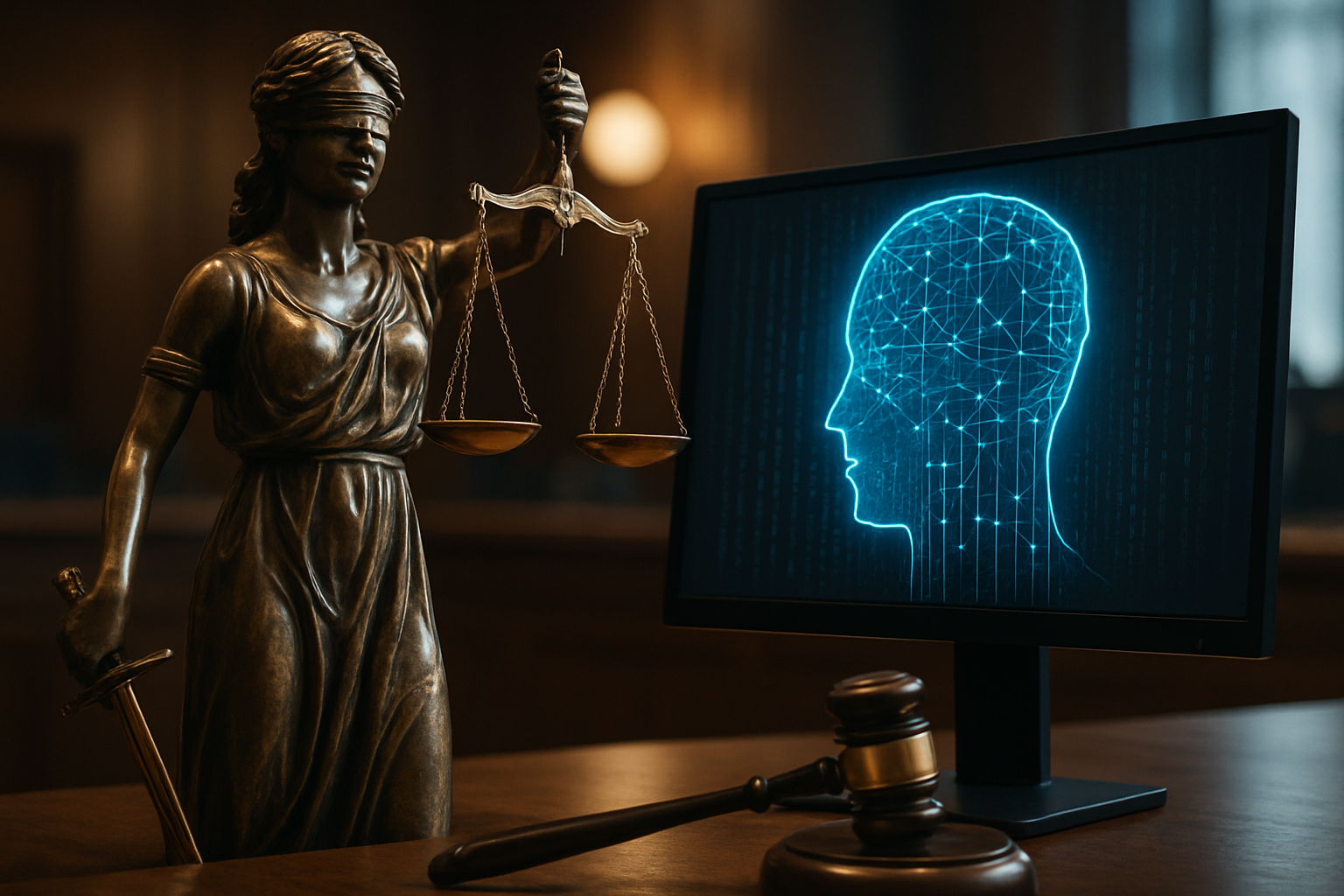Judicial Review in the Digital Age: Adapting Ancient Principles
Introduction: In an era of rapid technological advancement, the centuries-old principle of judicial review faces unprecedented challenges. As courts grapple with cases involving artificial intelligence, cryptocurrency, and digital privacy, the question arises: How can traditional legal doctrines adapt to the complexities of the digital landscape?

The Digital Revolution’s Legal Implications
As society becomes increasingly digitized, the scope and application of judicial review have expanded dramatically. Courts now face complex cases involving issues that the framers of constitutions could never have anticipated. From data protection to cryptocurrency regulation, judges must interpret and apply longstanding legal principles to novel technological contexts. This evolution has sparked debates about the limits of judicial authority and the need for legislative action to address emerging digital challenges.
Artificial Intelligence and Algorithmic Decision-Making
One of the most pressing challenges for judicial review in the digital age is the rise of artificial intelligence and algorithmic decision-making. As government agencies and private entities increasingly rely on AI systems to make consequential decisions, questions of due process, equal protection, and transparency come to the forefront. Courts must now consider whether traditional standards of review are sufficient to evaluate the constitutionality of decisions made by complex algorithms that may be opaque even to their creators.
Cryptocurrency and Financial Regulation
The emergence of cryptocurrencies and blockchain technology has created a new frontier for judicial review in the realm of financial regulation. Courts are tasked with determining how existing laws apply to these decentralized digital assets, which often operate outside traditional banking systems. Judges must balance the need for consumer protection and financial stability against principles of innovation and personal freedom. This has led to landmark decisions that shape the regulatory landscape for digital currencies and blockchain-based financial products.
Digital Privacy and the Fourth Amendment
Perhaps no area of law has been more profoundly impacted by the digital revolution than privacy rights. The Fourth Amendment’s protections against unreasonable searches and seizures have been stretched and reinterpreted in light of modern surveillance technologies and data collection practices. Courts have had to grapple with questions such as whether cell phone location data requires a warrant for access, or how the third-party doctrine applies to vast databases of personal information held by tech companies. These decisions have far-reaching implications for individual privacy in the digital age.
Adapting Legal Tests for the Digital Era
As courts confront these novel issues, they have begun to adapt traditional legal tests and standards to better address digital realities. For example, the Supreme Court’s decision in Carpenter v. United States introduced a new approach to the third-party doctrine, recognizing the unique nature of cell phone location data. Similarly, courts have developed new frameworks for evaluating the constitutionality of government surveillance programs in the wake of revelations about mass data collection. These evolving standards demonstrate the judiciary’s ongoing efforts to apply constitutional principles to rapidly changing technological landscapes.
Challenges and Criticisms
The expansion of judicial review into complex technological domains has not been without controversy. Critics argue that judges may lack the technical expertise necessary to make informed decisions about cutting-edge technologies. There are concerns that the slow pace of legal proceedings may struggle to keep up with the rapid pace of technological change. Additionally, some scholars and policymakers contend that many of these issues would be better addressed through comprehensive legislation rather than piecemeal judicial decisions.
The Future of Judicial Review in a Digital World
As technology continues to advance at an unprecedented rate, the role of judicial review in shaping the legal landscape of the digital age will only grow in importance. Courts will likely face even more complex cases involving emerging technologies such as quantum computing, advanced robotics, and brain-computer interfaces. The challenge for the judiciary will be to maintain the delicate balance between preserving fundamental constitutional principles and adapting to the realities of a rapidly evolving digital world.
In conclusion, the principle of judicial review, while rooted in centuries-old legal traditions, has proven remarkably adaptable to the challenges of the digital age. As courts continue to navigate the complex intersection of law and technology, their decisions will play a crucial role in shaping the rights, responsibilities, and governance structures of our increasingly digital society. The ongoing evolution of judicial review in this context underscores the enduring importance of an independent judiciary capable of applying timeless legal principles to the novel challenges of each era.





